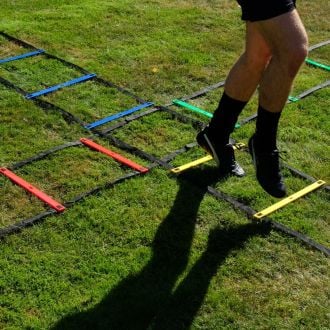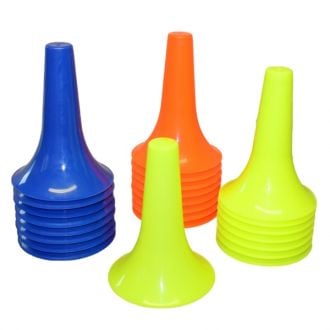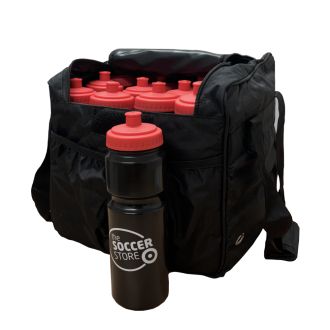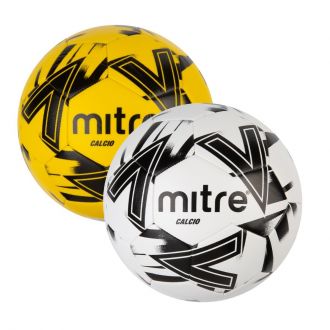Your Preparation Checklist for the Football Season Ahead
The summer break provides footballers with a great opportunity to relax weary muscles, recharge the batteries and mentally recover from the rigours of a hard season. However, it is important not to lose sight of the fact that you will need to be prepared for the new season if you want to be at the peak of your powers when kick-off finally arrives. Use this pre-season checklist to ensure you’re ready the challenges ahead.
1. Make sure you have the right equipment
The last thing you want when the start of a new season arrives is to discover that your football boots are too small, or that your shin pads are cracked. It is always a good idea to make a list of everything you need for the new season in advance. If you need new training gear, footballs for practising, water bottles or resistance equipment for building lower and core-body strength, it’s best to have them in place before your first training session.
2. Take steps to maintain your core and lower-body strength
While it is important to take a well-earned rest during the close season, maintaining strength and conditioning in your key muscle groups is equally important if you want to be at your best when the new season kicks off. While you don’t need to hit the gym every day, it might be a good idea to invest in some simple items of equipment such as kettle bells, resistance bands, ab-wheels and training bars. Just 30 minutes of resistance training per day should keep you in tip-top shape.
3. Schedule some cardiovascular exercise
It’s important to schedule a little time in your summer break for some gentle cardiovascular exercise - particularly during the four weeks before kick off. Whether you use a rowing machine, cross trainer, stationery bike or your own legs in the great outdoors, maintaining a reasonable level of cardiovascular fitness will stand you in good stead when training starts.
4. Put important training dates in your diary
In order to start organising your personal life, you will need to have some very important dates in your diary. The last thing you want at the beginning of a new season is to be missing training sessions or turning up late because you haven’t planned ahead. Speak with your coach at least four weeks in advance of kick off, and put as many training and match dates in your diary as possible.
5. Organise your private life
It is rarely easy to balance the needs of family and a healthy social life with the rigours and demands of competitive football. However, it is even harder when you haven’t made the necessary arrangements in advance. Let your partner or parents know when you need time away for training or matches. If your work life interferes with your football in some way, notifying your bosses of important dates in advance is essential.
6. Modify your diet at least four weeks before training
There is absolutely nothing wrong with indulging in a few treats during the summer break, but overindulging, or not getting back on the straight and narrow in time, could leave you well below par when training finally starts. About four weeks before the start of the season, it might be a good idea to weigh yourself. If you find that you’re carrying a few extra pounds, take steps to shed some unwanted pounds.
Rather than go on a crash diet, limit your fat intake to around 15 percent of your daily calorie allowance, stock up on good carbohydrates before exercise. It’s also a good idea to eat lots of protein, fruit and vegetables after workouts. You should also aim to drink between 1.5 and 2 litres of water everyday. And of course, alcohol consumption should be seriously curtailed.
7. Inform your coach of any niggling injuries
If you are anything like thousands of footballers up and down the UK, you probably carry one or two niggling injuries throughout long periods of the average season. The summer break is a great time to deal with these niggles - whether that means seeking treatment or simply resting. However, it’s always a good idea to let your coaches know about any persistent knocks and injuries at least four weeks before the start of the season. Playing through the pain barrier might win you friends and admiration, but it could make your injuries far worse.
By the time you turn up for your first training session of the new season, you should have all the equipment you need, be in reasonable physical condition and have your personal schedule organised for the first few weeks of the new campaign. Be prepared from the outset, and you’re far more likely to have a season to remember.





